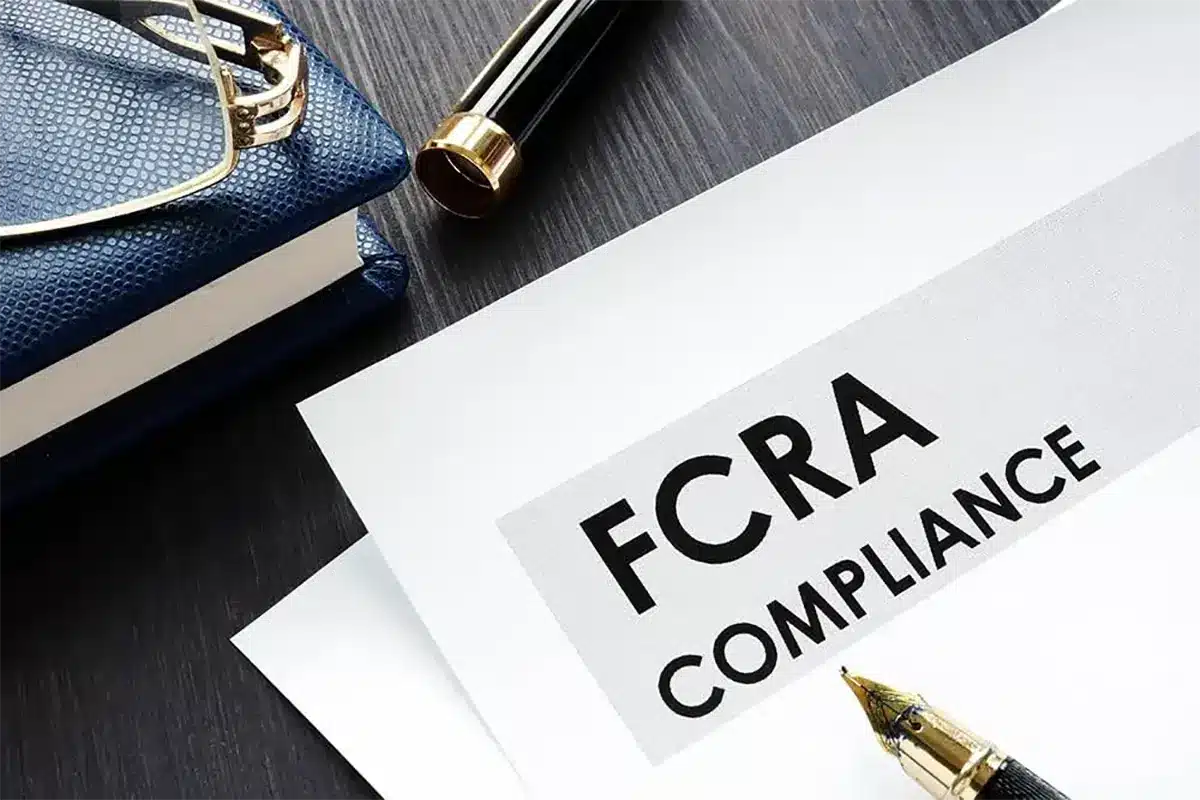The professional world has increasingly recognized the importance of thorough vetting procedures, with background checks becoming a common practice among potential employers. The intent is not only to verify the candidate’s claims but also to gain insights into their character, integrity, and suitability for the job. But one question often raised in this context is, “Can background check reveal past employers?”
Yes, background checks can reveal past employers. They can verify details such as dates of employment, job titles, and potentially reasons for leaving previous roles.
Quick Navigation
- What Does a Background Check Entail?
- Revealing Past Employers Through a Background Check
- The Legal and Ethical Considerations
- Impacts and Implications for Employers and Prospective Employees
- Navigating Background Checks as a Job Applicant
- In Conclusion
To know more about the process and more, keep on reading.
What Does a Background Check Entail?
In essence, a background check is a comprehensive review of a person’s professional, educational, and sometimes, personal history.

Depending on the type and depth, it could involve checking criminal records, education history, credit reports, and yes, employment history.
Employment verification is usually an integral part of a background check. Employers use it to validate a candidate’s work history, ensuring they possess the experience and skills they claim.
This could involve checking dates of employment, job titles, responsibilities, and reasons for leaving a job.
It may also involve details of your previous employers and employment dates, which your prospective employer or hiring managers may use to screen jobseekers.
Revealing Past Employers Through a Background Check

Through a background check, it’s indeed possible to uncover a candidate’s past employers.
Typically, an employment background check uses the candidate’s Social Security number and other personal details to identify past roles.
The Fair Credit Reporting Act (FCRA) allows consumer reporting agencies to provide this information, among other details, for employment purposes.
Details like the duration of employment, job title, and possibly, reasons for leaving, may come up in these checks.
However, specifics like performance reviews often remain confidential unless the previous employer chooses to disclose them.
Your potential employer may request for your job performance in your previous employment if they find it necessary.
The Legal and Ethical Considerations
While it’s legal for employers to conduct background checks, there are specific laws and ethical guidelines they must follow.

For instance, under the FCRA, employers must get written permission from job applicants before doing a background check.
On the ethical side, employers should balance the need to protect their interests and ensure a safe workplace with respecting candidates’ privacy rights.
It’s generally seen as ethical to verify employment history but digging too deep, especially without consent, can veer into an invasion of privacy.
Impacts and Implications for Employers and Prospective Employees
Employment background checks can have significant implications. For employers, they are a valuable tool for making informed hiring decisions.
Discovering inconsistencies in an applicant’s work history could be a red flag, impacting their job prospects.
For applicants, knowing that past employment can be revealed should encourage honesty and transparency when applying for jobs.
If there are gaps in your employment history or a short stint that didn’t end well, it’s better to explain these upfront rather than hope they go unnoticed.
Navigating Background Checks as a Job Applicant

If you’re a job applicant, remember that transparency is key. Here are some tips to consider:
Be Honest and Transparent
Always be truthful about your past employment, education, and other aspects of your background.
If there are discrepancies between your claims and the information found in the background check, it can harm your credibility and potentially impact your job prospects.
Understand Your Rights
Familiarize yourself with the laws and regulations governing background checks in your area.
For instance, in the United States, employers must obtain your written consent before conducting a background check, according to the Fair Credit Reporting Act (FCRA).
Prepare for Potential Questions
If there are gaps in your employment history, terminations, or other potentially concerning aspects in your background, prepare to address these issues upfront.
Having a reasoned explanation can often mitigate the impact of these issues.
Review Your Own Records
If possible, it can be useful to conduct a self-check to see what potential employers might find.
This allows you to correct any inaccuracies in your records and prepare explanations for any potential red flags.
Maintain a Positive Online Presence
Nowadays, many employers also look at a candidate’s online presence. Ensure that your social media profiles, blog posts, and other online content present you in a favorable light.
Follow Up
If you are rejected because of the results of a background check, you have the right to know why, and in some cases, you are entitled to receive a copy of the report.
Remember, a background check is not something to fear. It’s a standard part of many employers’ hiring processes.
By understanding what it involves and how to navigate it, you can approach it with confidence and preparedness.
In Conclusion
In sum, background checks, including verification of past employers, are a common and legal part of the hiring process.

They serve as a crucial tool for employers to make informed hiring decisions. For job applicants, they underscore the need for honesty and transparency.
Navigating this landscape requires a clear understanding of the process and your rights within it. A background check can be a stepping stone to your next great job opportunity, so approach it with openness and preparedness.
By recognizing the complexities and significance of background checks in the employment process, both employers and prospective employees can better manage their expectations and obligations, ensuring a more transparent and efficient hiring process.

